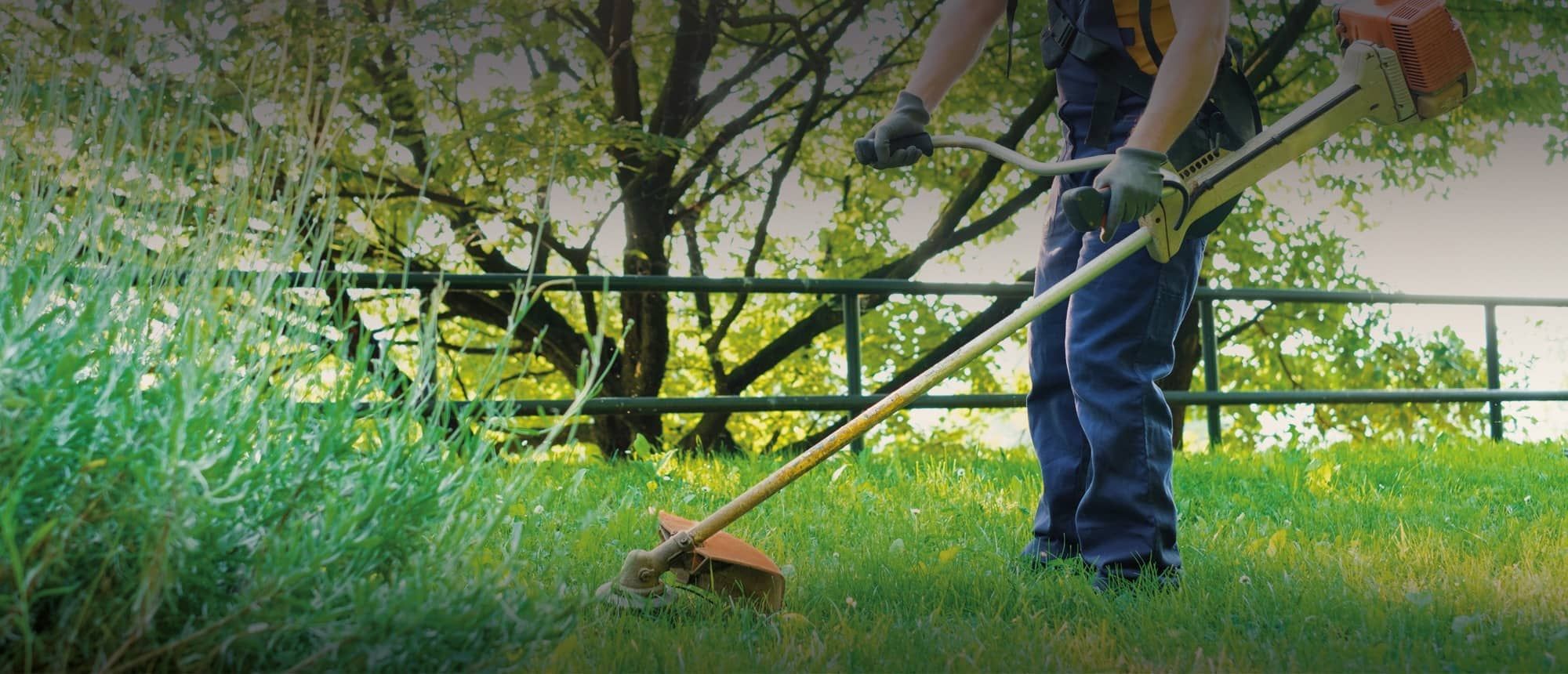Private Gardener Job Description
Considering a career as a private gardener?
Here are our answers to some of the questions we are frequently asked by candidates thinking about becoming private gardeners:
Duties, Responsibilities & Skills
What are the duties and responsibilities of a gardener?
It’s always a very hands-on job. Depending on the role, it can involve:
Weeding
Propagation
Planting
Garden design
Lawn and hedge maintenance
It could also involve:
Soft & hard landscaping
Vegetable gardening
Woodland care
Maintenance of items such as fencing, garden furniture
General handyman duties
What skills are needed to be a gardener?
Varying levels of horticultural knowledge, depending on the role
Qualifications are needed for some of the more senior roles, but not all
A passion for plants and a knowledge of differences in soil and climate
A great work ethic and willingness to work outdoors in all weathers
Flexibility, and the ability to work on your own and with others
What are the main gardening tools?
Strimmer
Ride on mower
Chainsaw
Spade
Rake
are a few of the main tools of a gardener.
Gardener Career
How do you become a professional gardener?
A degree / diploma in horticulture or RHS qualifications can be an advantage
Start in a junior role and gain on the job experience
What kind of career can one expect to have as a gardener?
It can be very fulfilling if you love working outdoors
It can be varied and offer lots of scope for creativity, depending on the seasons and location of the garden
There are opportunities to look after the same garden for many years, and collaborate with your employer, helping to implement their vision and see it come to life
What is a professional gardener?
Someone who has an in-depth knowledge of plants and propagation, who has a passion for what they do
Someone who is creative and sees the plants as the focus of the garden
How can I be a successful gardener?
Get as much hands-on experience as possible and a thorough grounding in plants (where to plant and when)
Qualifications would help
Have a long term perspective, as gardens can take years to mature
Work hard and show commitment
Also common sense, creativity, vision and intellectual curiosity will get you a long way
Do you have to be qualified to be a Gardener?
Not always, it will depend on the role and what level of knowledge is required to do the job.
Why is gardening so important?
It creates a connection between the property and the outside environment
It creates a place to relax
It creates the first impression of an estate/property
What are the pros and cons of being a gardener?
Pros
Working outdoors in the summer; not desk-bound
Being able to use your creative skills and see your vision come to life
Creating a beautiful environment that gives pleasure to others
Cons
The Principals don’t always have the funds to realise the gardener’s vision
Working outdoors in all weathers, including rain and cold weather
Work can be physically demanding at times
Gardener Salary
What is the average pay for a Gardener?
Full time roles can vary from £23,000 for a lower level Under Gardener, up to £30,000+ for more senior roles (salaries tend to start at £20k in Scotland).
How many hours do gardeners work?
Gardeners can be full-time or part-time. Full-time would be 40 hours per week, but the hours in summer can be longer than in the winter.
Gardening vs. Horticulture
What is the difference between gardening and horticulture?
Horticulture is the science of growing plants for a purpose (eg. food, ornamental, medicinal), whereas gardening is the act or process of cultivating an environment where plants can flourish.
What are the 3 areas of horticulture?
The 3 areas are called: pomology, olericulture, and ornamental horticulture.
Pomology involves planting, harvesting, storing and processing fruit and nut crops
Olericulture involves the production of vegetable food crops
Ornamental horticulture covers the growth and use of plants for their beauty
Landscaper vs. Gardener
What is the difference between a landscaper and a gardener?
Landscaping involves planning and creating an outdoor space – it incorporates plants (including trees, lawns and shrubbery) with hardscapes, such as pathways, furniture, water features and fences
Gardening involves the design, planning and maintenance of the plants in a space. Gardeners are responsible for planting, weeding, cultivating, replacing and harvesting the plants
You can browse all our latest Gardner vacancies here.



















